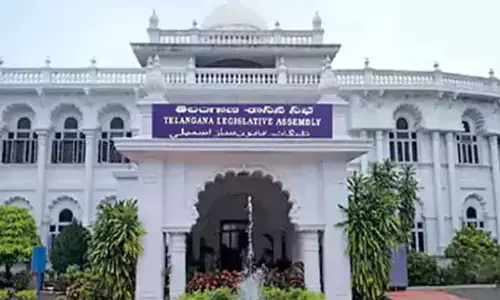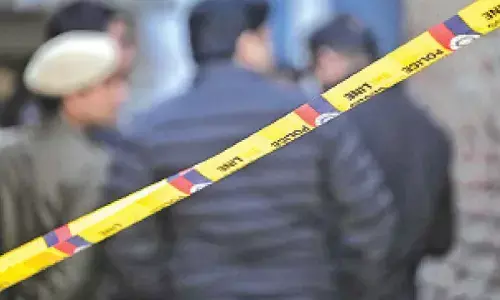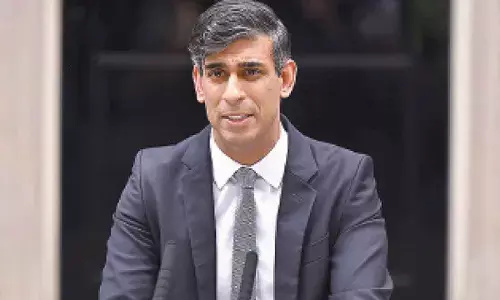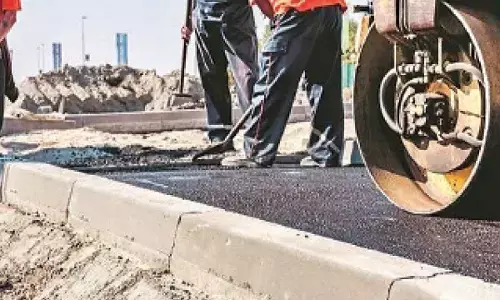No 3rd wave
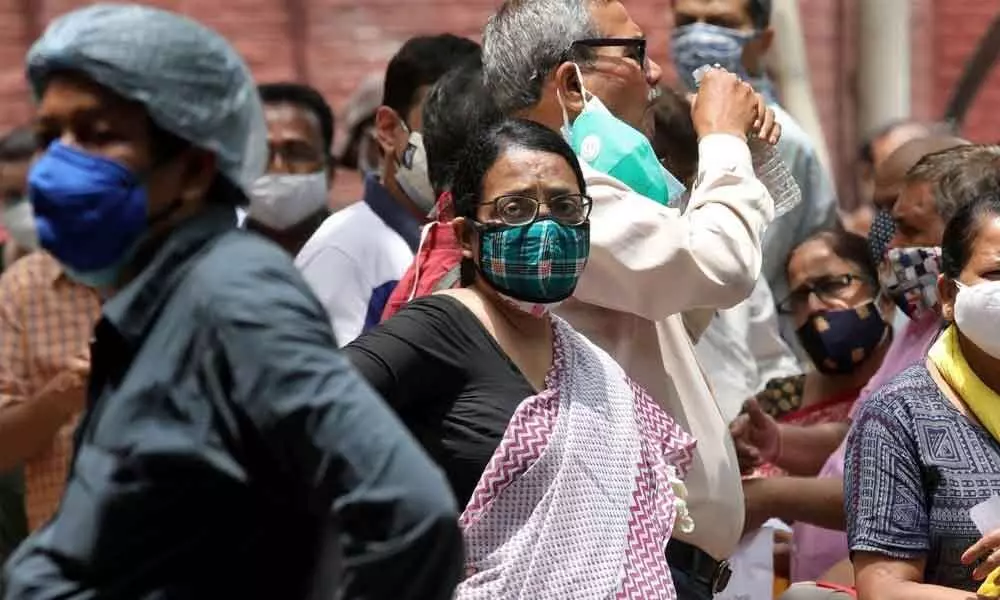
Representational Image
- Worst of Covid behind India: Experts
- Hybrid immunity, vaccination reasons for slowdown
New Delhi: Is the worst of the Covid crisis behind India? As cases dip three weeks after Diwali, the answer is a possible yes, say several experts, attributing the downslide to a large section of the population already exposed to the virus during the second wave and a stepped-up vaccination campaign.
Though there are always imponderables, including the possibility of a new, transmissible variant and the onset of winter in large parts of the country, a third wave as devastating as the second one is unlikely, they said while advising caution and vigilance.
With cases continuously dipping even after Diwali and a large section of the population already exposed to the virus, there is less likelihood of a big third wave striking the country, according to several health experts. Covid cases may rise, perhaps across late December-February, but the impact will be milder than what India experienced in the second wave when thousands died and many thousands more were hospitalised. The worst of India's Covid crisis could be over, feel experts.
Experts feel that India's Covid slowdown is primarily due to hybrid immunity that has kicked in over the last few months. Many scientific studies suggest that people who become naturally infected with Covid and recover before vaccination develop "hybrid immunity", better immunity than those who only have antibodies from vaccination.
The Centre on Tuesday announced the findings of the fourth seroprevalence study conducted by ICMR.
According to the survey, which also included kids over the age of 6, nearly one-third of the country's population is still vulnerable to Covid-19 infection.
India has partially vaccinated well over half its population while nearly 30% of the people are now fully vaccinated against Covid.
Accounting for just the adult population - who are currently eligible for vaccination - around 82 per cent has received the first dose of the vaccine while around 43 per cent has been fully inoculated.
Virologist Anurag Agrawal said the low number of cases can be attributed to a high fraction of the population being infected by the Delta variant during the second wave, followed by most adults having received at least one vaccine dose further boosting the immune response.
"Serosurveys have shown that the majority of the population is likely to have been infected," Agrawal, director of the CSIR-Institute of Genomics and Integrative Biology, New Delhi, said. It is a well-established fact that complete vaccination as well as previous exposure with SARS-CoV2, the virus that causes Covid-19, lead to a significant decrease in the severity of the disease, added immunologist Vineeta Bal.
Describing the slow decline in nationwide Covid cases as a "good sign", she also pointed out that northeastern states, especially Mizoram, are still showing a continuing increase in the number of cases.
India recorded 7,579 new coronavirus infections on Tuesday, the lowest in 543 days, taking the country's total tally of Covid-19 cases to 3,45,26,480.
According to Sitabhra Sinha, professor of physics at the Institute of Mathematical Sciences (IMSc) in Chennai, India's "second wave" is the analogue of Europe's "third wave" and the country may have "luckily" escaped that particular wave.
"I think the 'third wave' already came and went in mid-September. About whether we can expect another wave in the near future, no modelling study can really predict that given a large number of factors and the lack of hard data," said the scientist. Sinha, who has been tracking the reproductive number (R-value) for the country since the beginning of the pandemic, said there has been no post-festival spike at least at the national scale but there was a spike before the season set in.


